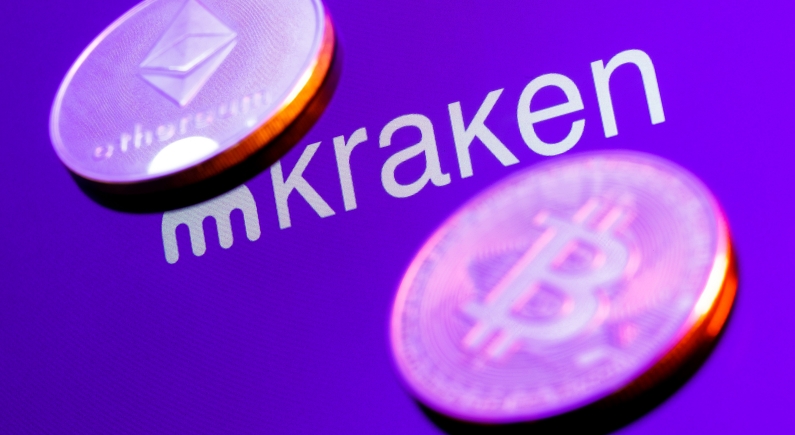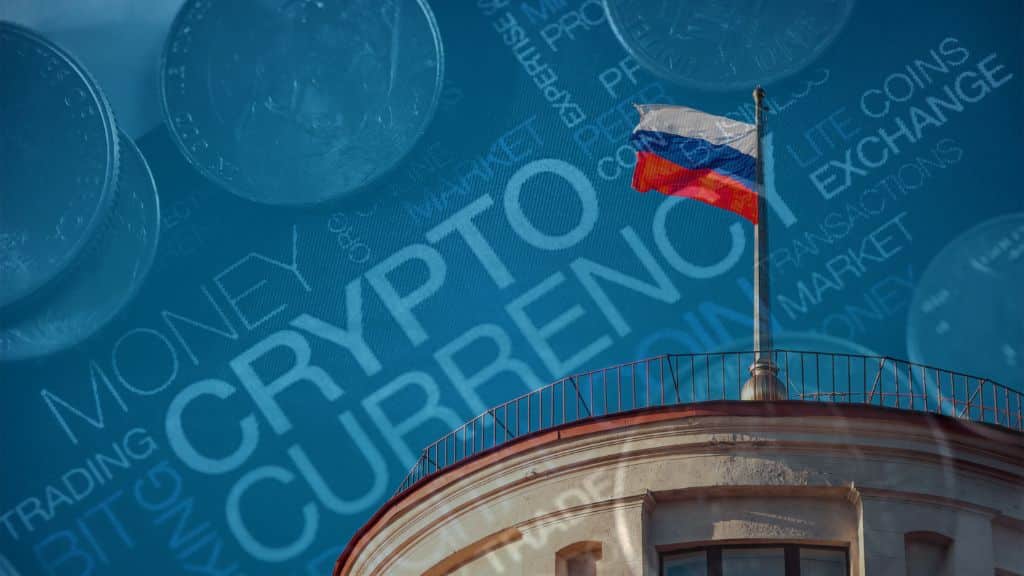Report: SEC’s controversial ruling against Kraken provokes strong pushback

A bombshell ruling against Kraken’s staking services by the SEC sent shockwaves across the cryptocurrency sector last week, giving rise to questions about the regulator’s potentially devious intentions against the sector.
The US Securities and Exchange Commission (SEC) charged Kraken exchange with an unregistered offer and sale of securities for its staking-as-a-service product. The ruling received scornful criticism and resistance not only from cryptocurrency firms, but from within the regulatory body itself. The internal dissent raises questions about the regulator’s integrity and intentions.
Coinbase was among the first responders, as the regulated US exchange was also targeted and investigated by the SEC for its staking-service offerings. Chief Legal Officer (CLO) of Coinbase, Paul Grewal aired his concerns on Twitter, arguing in defence of the exchange’s staking approach.
Grewal said “these products are basically yield products. True on-chain staking services like ours are fundamentally different. For example: Our customers’ rewards are tethered to realities. They depend on the rewards paid by the protocol and commissions that we disclose. We don’t play games.”
He added that Coinbase users have a right to use their rewards, saying that “we can’t just decide not to pay any rewards at all.”
The Chief Legal Officer also countered claims by the SEC Chair Gary Gensler, who asserted that staking means investors sign away ownership of the cryptocurrency to the platform. He said “our customers’ assets always remain theirs and are accounted for transparently in regular public audits.”
Grewal said the exchange had been providing staking services to customers for years, and that these offerings were described in detail in public filings when the company went public in 2021. The CLO concluded by reiterating one of the main critiques that US crypto firms have pushed against SEC chairman Gensler: the absence of unambiguous regulatory guidelines.
“Rules making clear these distinctions would provide real clarity to the industry and our customers,” he said. “The public shouldn’t have to parse complaints in federal court to understand what a regulator expects.”
Crypto firms also received support from within the regulatory body itself. Specifically, the SEC Commissioner Hester Pierce offered comprehensive dissent against the regulator’s decision.
Pierce argued that even if it is accepted that staking services are securities, “the more fundamental question is whether SEC registration would have been possible.”
She went on to say that in the current hostile regulatory climate against crypto, “crypto-related offerings are not making it through the SEC’s registration pipeline. An offering like the staking service at issue here raises a host of complicated questions, including whether the staking program as a whole would be registered or whether each token’s staking program would be separately registered, what the important disclosures would be, and what the accounting implications would be for Kraken.”
Pierce also underlined that the regulator has been aware of these programs for a long time, and that instead of going through a process of “issuing guidance, we (SEC) again chose to speak through an enforcement action. Using enforcement actions to tell people what the law is in an emerging industry is not an efficient or fair way of regulating.”
Pierce then echoed Coinbase’s argument that there are important differences between product offerings.
“Staking services are not uniform, so one-off enforcement actions and cookie-cutter analysis does not cut it,” she said.
The worst aspect of the SEC’s decision against Kraken is that the “solution to a registration violation is to shut down entirely a program that has served people well.” She added that the offerings won’t be available in the United States, and that the exchange would be forced to agree to never offer staking services in the country again, with or without registration.
Pierce called the regulator “paternalistic and lazy” for pursuing and ultimately ruling on such a settlement. The message the regulator sent was for companies to “not initiate a public process to develop a workable registration process that provides valuable information to investors, just shut it down.”
Transparency around crypto staking programs could also be a good thing, according to Pierce. The question is whether a uniform regulatory solution is necessary, and whether it should be provided by a regulator that is hostile to the cryptocurrency sector.
Meanwhile, the CEO of Coinbase, Brian Armstrong, quickly took to twitter after reading the SEC Commissioner’s public dissent. He added to her point about the regulator essentially offering no legitimate options for exchanges to follow. “Well said,” he wrote. “There was no way to register”. In other words, the offer was disingenuous.
Chief Legal & Compliance Officer at Fireblocks, Jason Allegrante told reporters that he believes the ruling is part of a broader trend among regulators trying to choke out the sector. He said regulators are attempting to “limit the exposure of traditional financial and retail consumers” to the crypto sector.
Allegrante echoed similar talking points to industry peers, noting that “it is difficult to ‘comply accurately when there is an absence of guidance and laws that clearly apply to the industry and specific offerings.
“To have the regulator come in after already designing and launching the product and have a discussion on settling charges or discontinuing the product doesn’t provide the clarity we need,” he added.
To add the cherry on the cake, the SEC Chair Gary Gensler then appeared on CNBC’s Squawk Box on Friday, where he was pressed on the likelihood that the service would simply be offered in other jurisdictions and denied to the US. “330 million Americans are our clients,” said Gensler in his response. “Kraken knew how to register, others know how to register, it’s just a form on our website.”
Kraken exchange CEO, Jesse Powell, did not take well to Gensler’s appearance. He retweeted the clip and said “wish I’d seen this video before paying a $30m fine and agreeing to permanently shut down the service in the US. How dumb do I look. Gosh.”
Perhaps he had to solve a captcha too?
Kraken issued a statement shortly after the SEC’s decision on Thursday. “Today, two Kraken subsidiaries announced a settlement with the U.S. Securities and Exchange Commission (SEC) concerning Kraken’s on-chain staking program,” they wrote. “Because of this settlement, Kraken has agreed to end its on-chain staking services for U.S. clients.” They added that the exchange will continue to offer staking services for non-U.S. clients.
Kraken is a fully regulated US exchange which processes around $660 million transactions per day. About 40% of the $1.6 billion in daily volumes processed on Coinbase. The two are dwarfed by Binance exchange, which processes over $23 billion in daily volumes as it heads into a quasi-monopolistic position following the collapse of fraudulent exchange FTX. SEC chairman Gary Gensler met the FTX fraudster Sam Bankman Fried, multiple times before the shambolic exchange fell apart.









